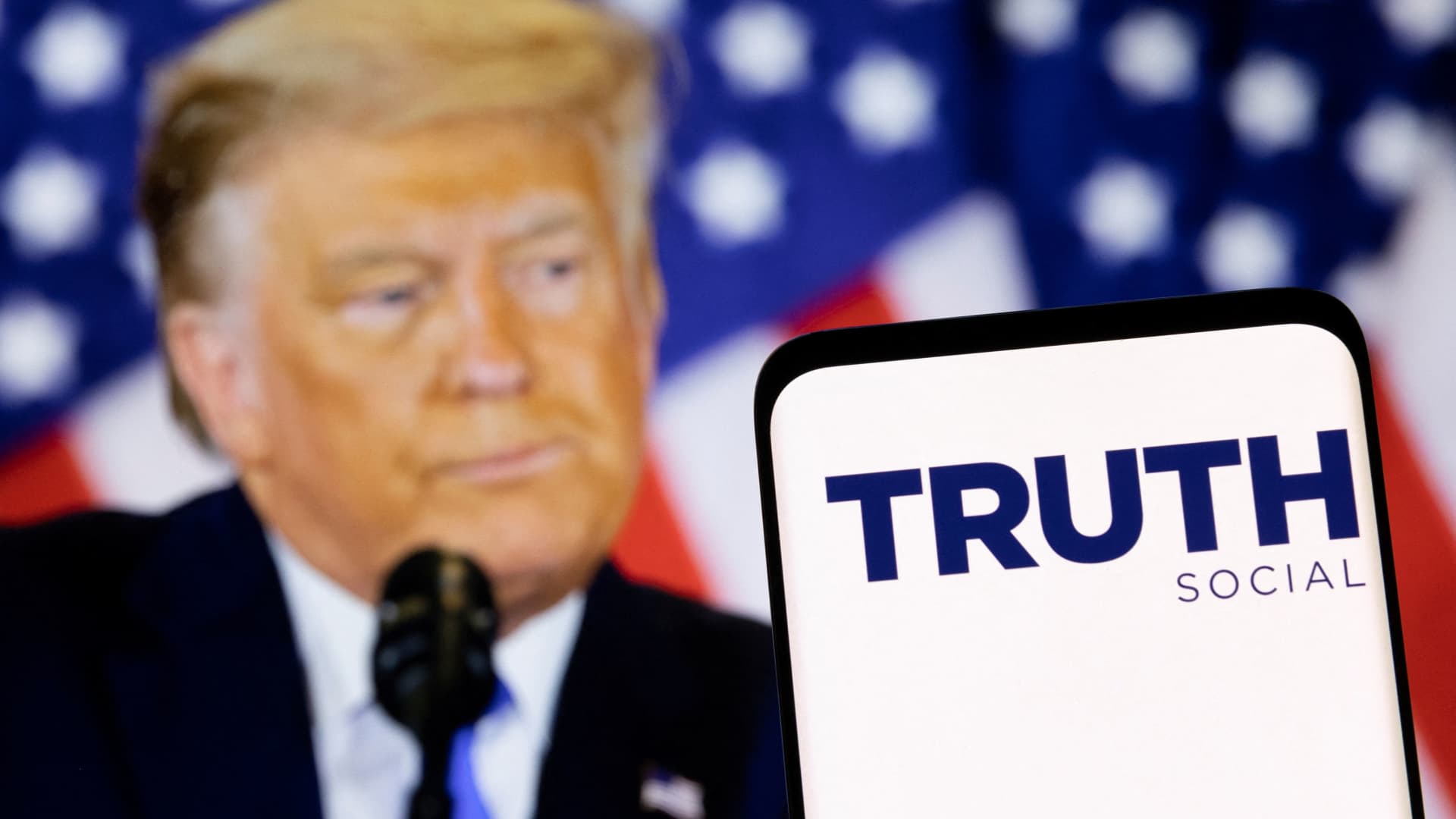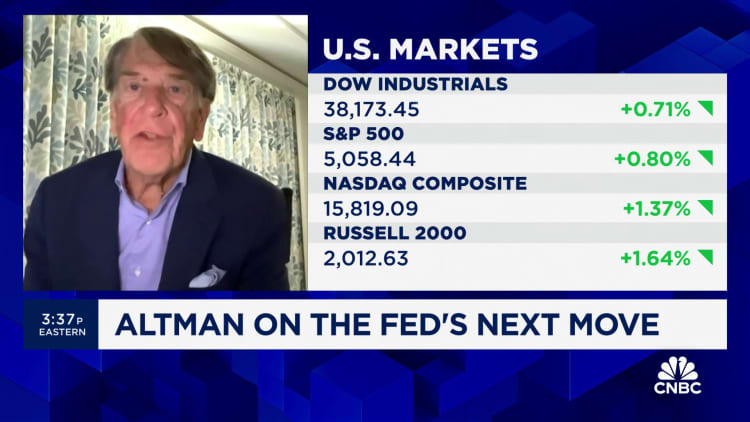“The American principle that no one is above the law has been reaffirmed,” President Biden said after former President Donald J. Trump was convicted last month of falsifying records to cover up a sex scandal.
“No one in this country is above the law,” said David Weiss, the special prosecutor who prosecuted Hunter Biden on gun possession charges, after Mr. Biden was convicted this week. “Everyone must be responsible for their actions.”
So, we get it. No one – not even the president’s son or an ex-president – is above the law. The phrase has been used by numerous political figures in recent weeks, including Vice President Kamala Harris (“Donald Trump believes he is above the law,” she said at a recent campaign rally). The phrase “above the law” appeared 100 times in the New York Times this year alone.
The specific origin of the phrase is not clear, as several people are given credit for pioneering it.
But as popular as the phrase has become, it has been a fundamental tenet of democracy for hundreds of years, a story with cameo appearances from King John of England, Teddy Roosevelt, Richard Nixon and a mysterious individual known only as Z.
A basic principle, with some nuances
For a term used by lawyers, “no one is above the law” seems refreshingly simple. Still, it’s not as simple as saying, “Everyone is treated equally.”
In a monarchy, for example, “the king is likely to have certain privileges that no other citizen of the empire can claim,” wrote Thomas W. Merrill, a professor at Columbia Law School, in his article “The Essential Meaning of the Rule.” of Law” (2022). “But as long as the royal person only has the prerogatives permitted by applicable law, there is no violation of the rule of law.”
A concept with roots in the Magna Carta
The Magna Carta was the landmark document that established the principle of the rule of law in Britain. Written in Latin and published in 1215, even the translation does not exactly say, “No one is above the law.” But it certainly limited the power of the king – John – and made it clear that his power was not unhindered. The British Parliament, which owes its existence in part to the document, describes it as “the first document to establish the principle that the king and his government were not above the law.”
The phrase “above the law” appeared in The Times in 1860, just a few years after the paper was founded in 1851.
A long letter to the editor taking to task Secretary of War John B. Floyd said: “Strange as it may seem, it is nevertheless true that in a government at the foundation of which lies the principle, ‘No one stands above the law, we have a Secretary of War who is practically above the law he administers.”
(As was not unusual at the time, the letter was anonymous. It was enigmatically signed only with the letter “Z”.)
Teddy Roosevelt’s message to Congress
AV Dicey, the British constitutional theorist, is credited with popularizing the broader concept of the rule of law, the idea that everyone is bound by the same laws. In 1885 he wrote: “Every person, regardless of his rank or status, is subject to the ordinary law of the empire and is subject to the jurisdiction of the ordinary courts.”
President Theodore Roosevelt is also sometimes credited with popularizing the phrase. In his State of the Union message in 1903, he expressed support for both management and workers. However, he warned that the federal government would act if any side or individual violated the law.
“No one is above the law and no one is below it,” he said. “Nor do we ask anyone’s permission when we ask them to obey it.”
Roosevelt’s rephrasing of “nobody” to “no one,” also used by others, reflects the realities and casual sexism of the time. Women’s right to vote would not be guaranteed for another 17 years.
The expression spread with Watergate
The real explosion in the use of the phrase “no one is above the law” came in the 1960s and especially in the 1970s in the United States with the revelations of the Watergate scandal and other crimes by the administration of President Richard Nixon.
When Nixon insisted that he did not have to release the tapes he had made in the Oval Office, citing executive privilege, the phrase “No one is above the law” was heard everywhere.
“The President of the United States is not above the law,” his lawyers acknowledged in a lengthy legal brief. He could receive justice, they said, “but only after he has been indicted, convicted and removed from office.”
It seemed like every other opinion piece or letter to the editor at the time was a rumination on whether Nixon might be “above the law.” In the end, the Supreme Court ruled that this was not the case and ruled unanimously that it must release the tapes.
Nixon wasn’t convinced, telling interviewer David Frost in 1977, “If the president does it, that means it’s not illegal.”
The phrase even seems to have inspired a film, although not a Hollywood classic. Above the Law (1988) was the debut of action hero Steven Seagal. The Times named it one of the “three or four silliest bad films of 1988.”
In the film, Mr. Seagal tells some rogue CIA agents: “You think you are above the law. Well, you’re not above me.”
And when Steven Seagal says no one is above the law, then no one is above the law.
Source link
2024-06-13 19:30:09
www.nytimes.com














